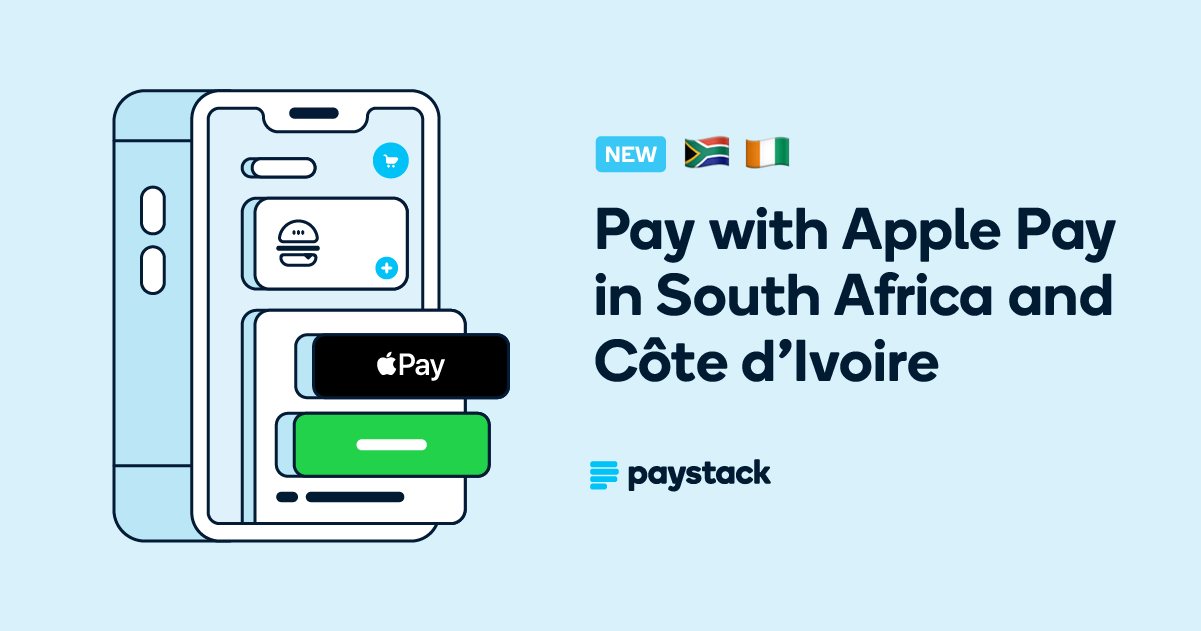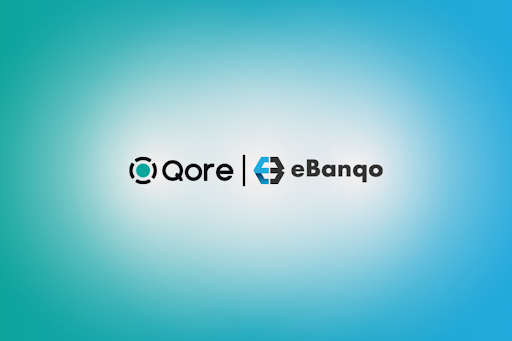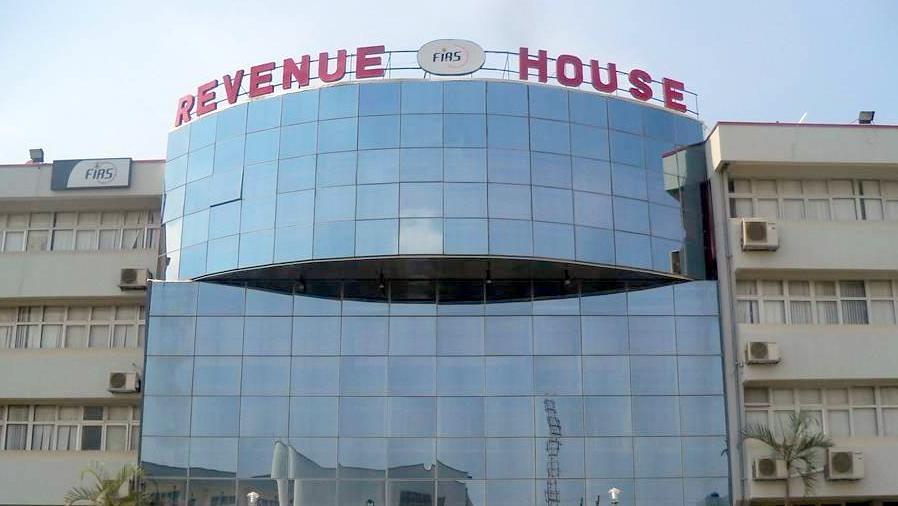

Good morning ☀️
We’re excited to invite you to our inaugural edition of Moonshot Conversations 2024 in Nairobi, Kenya this Friday, February 16.
Join us for an evening of discussion around all things AI, with cool demos from innovators doing interesting stuff with AI.
It promises to be an evening filled with networking opportunities and fun at our post-event mixer. If you are an AI expert, enthusiast, regulator, or innovator within Kenya’s tech ecosystem, this is an experience not to be missed.
Hurry now and register by clicking on the link below, we can’t wait to welcome you. Register now.
Court orders banks to unfreeze accounts tied to Flutterwave’s $1.9 million hack
Over the last two years, Flutterwave made headlines for being smack dab in the face of regulators. In Kenya, the courts froze $55 million of Flutterwave’s funds over fraud and money laundering claims in 2022. The case was withdrawn and Flutterwave recovered $52.5 million in March 2023, with $3 million left. The same regulators set the fintech free last week when a Kenyan high court unfroze the $3 million belonging to the fintech giant and two of its associates, ending the legal wrangle.
Now, the fintech is focused on recovering lost funds in Nigeria.
The fintech startup has received a second court order from a Lagos court, ordering 27 banks to unfreeze accounts tied to its 2023 hack of ₦2.9 billion ($1.9 million). This follows a court order last week to recover $24 million lost through unauthorised transactions by point of sale (PoS) merchants on October 10, 2023.
What 2023 hack? In March 2023, Flutterwave denied a Techpoint report that hackers stole ₦2.9 billion($1.9 million) of customer funds from its account in February 2023. In its response to the story, Flutterwave said it noticed unusual activities in its systems and told users to activate safety protocols. While Flutterwave insisted that customers did not lose any funds, it scrambled to freeze accounts and initiate legal action in February 2023.
As the Fintech company continued to pursue legal action, in April 2023, Flutterwave reportedly denied a second and third breach on March 1 and 14 respectively, which was estimated to be about ₦550 million ($365,448). Many of the account holders affected were cryptocurrency merchants who claimed that the money was moved from Flutterwave’s accounts, and used to buy USDT on crypto platform Binance.
What now? One year after the ₦2.9 billion ($1.9 million) hack, and many other hacks, Flutterwave seems to still be recouping some lost funds. However, two banks— Access Bank and Providus Bank—allegedly remain defiant, refusing to comply with the court order to unfreeze accounts.
Access payments with Moniepoint

You don’t have to take our word for it. Give it a shot like he did Click here to experience fast and reliable personal banking with Moniepoint.
Botswana joins Starlink to clamp down on resellers
Yesterday, we reported that Starlink took action against some of its resellers in South Africa, citing violations of its terms of use and copyright infringements. At least 400 customers using reseller services, like StarSat, have reported blocked connections, and both Starlink and some southern African regulators have asked resellers to cease all unauthorised resales immediately.
Botswana’s telecom regulator BOCRA, has joined the fray and has warned against importing, using, and reselling Starlink devices. BOCRA stated that the satellite internet service is not licensed in Botswana, and anyone engaging in these activities without authorisation from Starlink would be committing an offence against the company. Travellers attempting to enter Botswana with Starlink devices will also be denied entry.
The service isn’t licensed in Botswana yet as the country rejected Starlink’s application to launch due to “missing requirements” that haven’t been addressed, delaying the planned Q4 2024 launch.
A roaming loophole: While using Starlink devices in unlicensed countries is illegal, there’s a legal caveat. The “roaming” option allows users with legally purchased devices from licensed countries to utilise the service elsewhere on the continent. However, this doesn’t extend to importing or reselling.
With pending applications and regulatory disputes in South Africa, Zimbabwe, Senegal and Botswana, and plans to expand to 19 more countries in Africa, it remains to be seen how the SpaceX-owned service intends to navigate regulatory hurdles and enforcement actions from regulators.
Secure payment gateway for your business

Fincra’s payment gateway enables you to easily collect Naira payments as a business; you can collect payments in minutes through bank transfers, cards, virtual accounts and mobile money. Create a free account and start collecting NGN payments with Fincra.
Nigeria backtracks on content creator tax
In Kenya, content creators are facing the heat with the country’s latest Finance Act. Skitmakers, digital creators, and TikTokers will have to pay a 1.5% tax on their earnings across social media.
The Act was furiously contested before it came into force, but the Kenyan government didn’t budge. Nigeria’s, however, is.
Last week, content creators in Nigeria briefly faced tax fears after the Federal Inland Revenue Service (FIRS) targeted them as a “major block of tax evaders,” and announced plans to tax them. However, there’s been a swift turnaround.
The FIRS has now issued a new statement clarifying that it does not intend to tax individual content creators as they do not fall under its jurisdiction.
According to an FIRS source, personal income tax, which governs individual creators, falls under state government jurisdiction. The FIRS itself focuses on Company Income Tax, targeting businesses exceeding ₦25 million ($16,638) in profits.
A new framework in the works: Meanwhile, the FIRS is pushing forward with a new structure focused on modernising tax administration. According to Zacch Adedeji, the Executive Chairman of the FIRS, the revamped system will utilise technology and simplify the taxpayer experience.
While individual content creators exempt from direct FIRS taxation offers a welcome reprieve, Nigeria’s broader tax picture is evolving. In July, president Tinubu appointed Taiwo Oyedele, PwC’s Fiscal Policy Partner and Africa Tax Leader to lead a tax reform group, aiming for a minimum 18% Tax to GDP ratio within 3 years.
South Africa to offer digital nomad visas
South Africa might just be your next work-from-anywhere haven.
Yesterday, South Africa’s Department of Home Affairs set the ball in motion to grant digital nomad visas in a bid to attract highly skilled tech workers into the country.
Digital nomad visa? Think of it as a golden ticket for remote workers to live and work in South Africa for an extended period. The digital nomad visa was first adopted by Estonia and Portugal around 2017. Unlike a short-term tourist visa, it gives you the legal right to earn income remotely while enjoying all that South Africa has to offer.
If successful, South Africa joins Namibia, Cape Verde, Mauritius, and the Seychelles as the fifth country on the continent to offer digital nomad visas.
How it works: South Africa’s upcoming digital nomad visa program proposes a points system similar to the practice used by global counterparts. This system considers factors like the applicant’s age, relevant qualifications, language skills, past work experience, and any potential employment opportunities within the country.
Why does it matter? Africa faces a significant “brain drain” of talented tech workers, with many lured away by lucrative opportunities in the UK and other developed nations. In 2022, 40,000 skilled tech workers left South Africa alone, seeking better career prospects and living conditions.
This digital nomad visa initiative offers a compelling alternative, keeping African talent within the continent and allowing them to thrive in a familiar environment. The move also represents a way of attracting skilled individuals who can contribute to the country’s economic growth and development.
Accept fast, secure payments from millions of Apple Pay users

🚀 Paystack is excited to announce that merchants in South Africa and Côte d’Ivoire can now accept online payments from millions of global customers, with Apple Pay! Learn more →
Visa partners with Eygptian Bank group
Global payment processor, Visa has partnered with the Egyptian Bank Company (EBC)—an Egyptian tech provider for interbank payments—to enable international money transfers for Egyptians living abroad.
The move follows a similar partnership with Mastercard last week.
Why does it matter? The partnership could offer Egypt a larger chunk of international remittance and make money transfers faster for Egyptians living abroad.
While the exact number of users currently utilizing EBC’s digital wallets isn’t readily available, the partnership with Visa signals a strong push towards digitalizing remittance flows in Egypt. This industry plays a crucial role, with remittances contributing roughly 8% of the country’s GDP in 2022.
By combining Visa’s global network with EBC’s local infrastructure, the duo says they’ll enable faster and cheaper international transactions. This could mean more frequent and larger remittances from Egyptians abroad, ultimately benefiting the Egyptian economy in two key ways
Zoom out: While faster and more convenient money transfers for Egyptians abroad are a positive outcome of the Visa-EBC partnership, the bigger play here seems to be attracting a larger slice of the international remittance pie to boost Egypt’s foreign currency reserves and fuel economic growth.
Egypt’s foreign exchange reserves have faced pressure due to factors like the pandemic, inflation, and the Ukraine war. The Egyptian Central Bank has taken measures to conserve reserves, including devaluing the currency and restricting some imports.
Qore and eBanqo Partner to Advance AI-Powered Conversation Automation in Africa

With Qore’s platform, financial institutions can gain a competitive edge by accessing tools from a diverse range of third-party providers, such as eBanqo, from across the continent. Experience effortless and limitless banking infrastructure with Qore.
The World Wide Web3
Source:

|
Coin Name |
Current Value |
Day |
Month |
|---|---|---|---|
| $48,135 |
– 0.41% |
+ 16.81% |
|
| $2,649 |
+ 6.09% |
+ 4.16% |
|
|
$7.91 |
+ 4.36% |
+ 176.31% |
|
| $113.41 |
+ 7.18% |
+ 17.55% |
* Data as of 05:56 AM WAT, Febraury 13, 2024.

Experience the best rates and enjoy swift 6-24hrs delivery times. Elevate your business with OneLiquidity–get started today.
- For African founders, applications are open for the Accelerate Africa accelerator for startups on the continent. Founders will receive coaching from two of Africa’s top operating founders, access to a network of 75+ investors on demo day, and Clinics and office hours for your legal, finance, and tech needs. Apply by February 16.
- Are you a young girl with a passion for technology and innovation? Apply now for the National Girls in ICT Competition 2024. The competition is an initiative that creates a platform for girls in secondary school to showcase their skills and creativity in various ICT-related domains. Apply by February 18.
- Applications are now open for the 10th cohort of the Orange Corners Nigeria Incubation Programme(40,000 Euros in funding). The programme empowers aspiring entrepreneurs to transform their dreams into thriving realities. Apply by February 18.
- Report for the World once again invites independent news organisations across the globe to join its growing network of host newsroom partners. Newsrooms will be asked to make the case for the beat they want to cover and how they will provide support and mentorship to their prospective corps members. In turn, Report for the World will fund half the salary of the reporters for up to three years. Apply by February 20.
What else is happening in tech?
- Bolaji Agbede to head Access Bank after Wigwe’s demise as share prices tumble by 6.26%
- Ethiopia’s inflation jumps to 28.7% as central bank acknowledges alleviation difficulties
- Next Wave: Venture investing is for everyone. Especially corporations
- Edo State government launches startup grant in collaboration with Co-Creation Hub; with the support of Bill & Melinda Gates Foundation
Written by: Mariam Muhammad & Faith Omoniyi
Edited by: Timi Odueso
Want more of TechCabal? Sign up for our insightful newsletters on the business and economy of tech in Africa.
- The Next Wave: futuristic analysis of the business of tech in Africa.
- Entering Tech: tech career insights and opportunities in your inbox every Wednesday at 3 PM WAT.
- In a Giffy: business decisions powered by data-driven insights and analysis you can trust.
- TC Scoops: breaking news from TechCabal
P:S If you’re often missing TC Daily in your inbox, check your Promotions folder and move any edition of TC Daily from “Promotions” to your “Main” or “Primary” folder and TC Daily will always come to you.
























